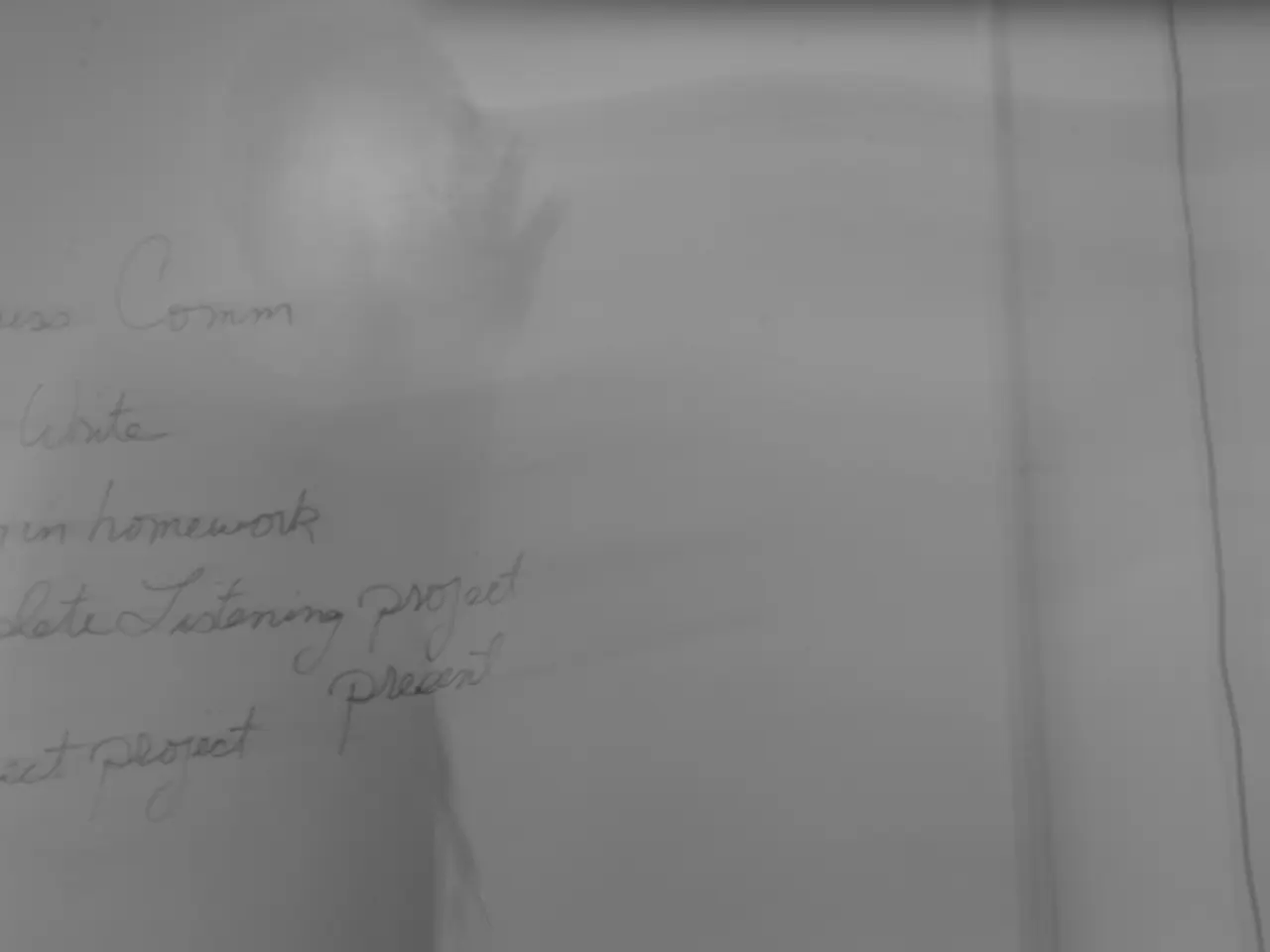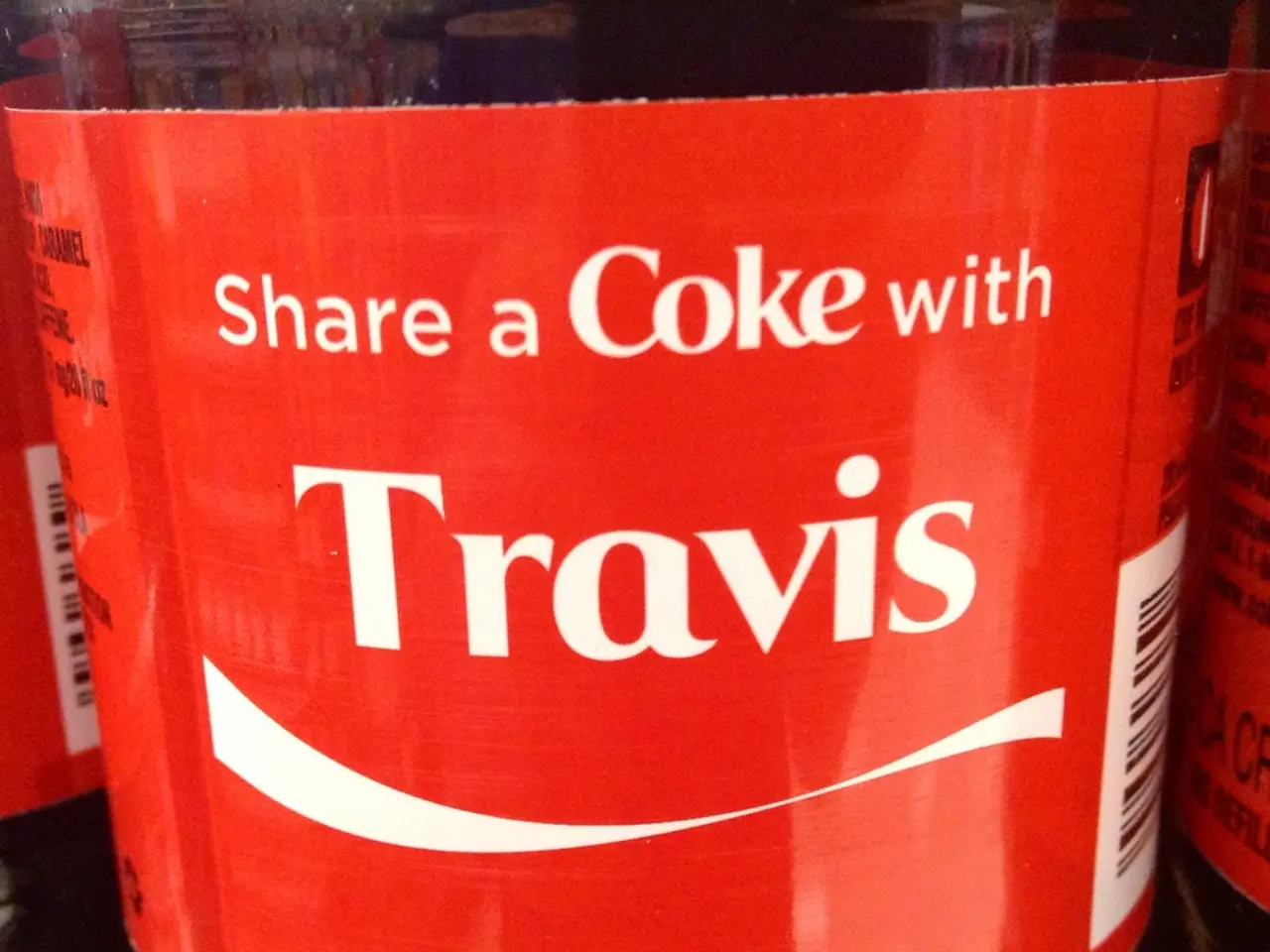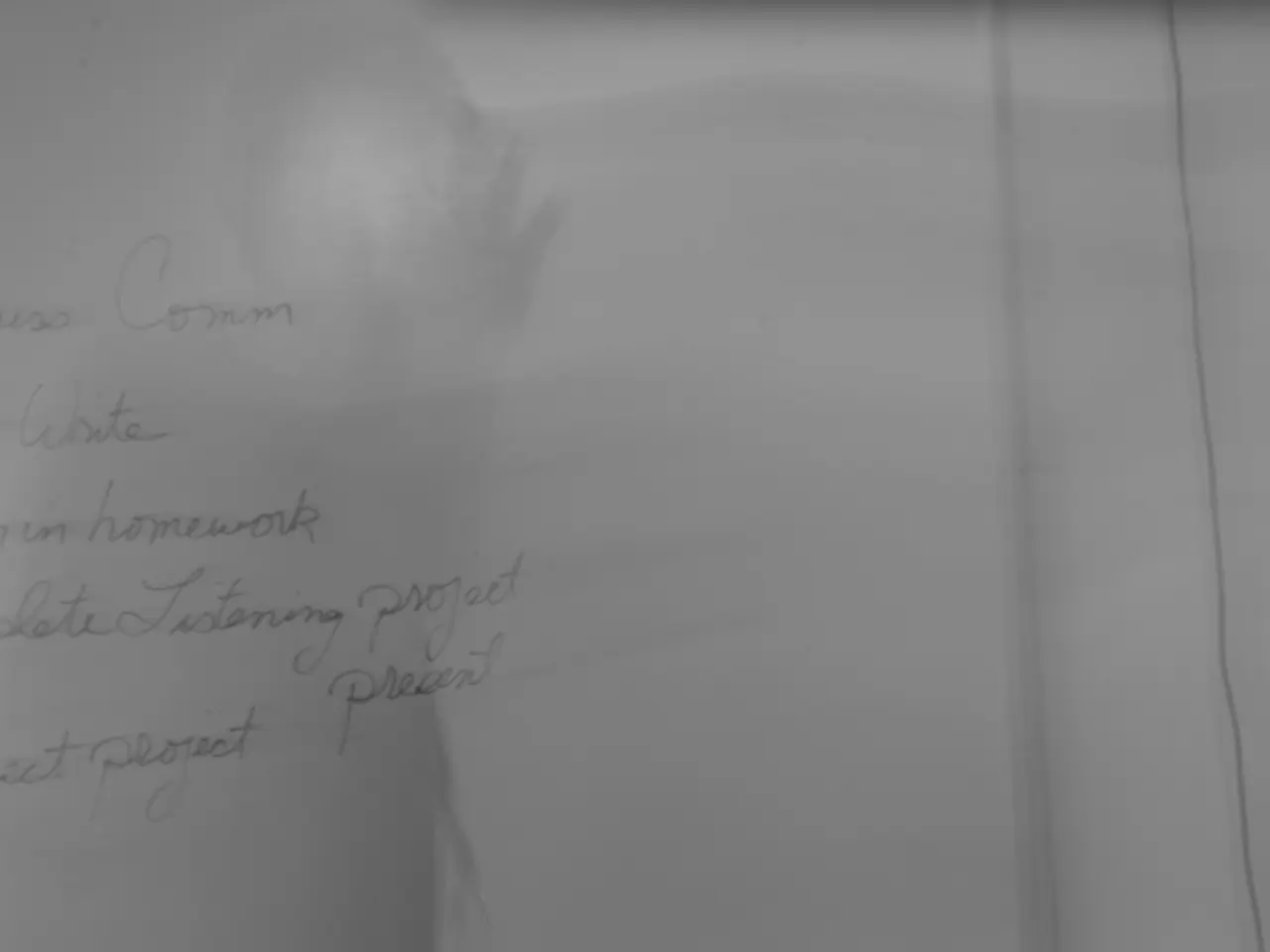U.S. court invalidates Trump's tariff policy
The US Court of International Trade has cast doubt on President Donald Trump's global tariff plans, ruling that his executive orders for the tariffs were unlawful. The court found that the president lacked the authority to use emergency economic powers legislation when he launched the so-called 'Liberation Day' tariffs last month.
Thejudgement, which was in response to cases brought by US businesses and some states, states that the Worldwide and Retaliatory Tariff Orders exceed any authority granted to the president for regulating imports via tariffs. Trump had sought to implement the tariffs under emergency powers afforded to the White House, asserting that tariffs imposed on the US by major economies were suppressing US wages and constituted an 'unusual and extraordinary threat' to the US economy. However, the court rejected this argument.
The ruling applies to tariffs introduced on April 2, which included a global baseline 10 percent tariff and higher reciprocal tariffs imposed on specific trading partners, but excludes sectoral tariffs such as on cars and steel imports.
Marketsreacted positively to the ruling, with S&P futures rising 1.7 percent, Hong Kong's Hang Seng index up 1.2 percent, and the FTSE 100 edging up 18 points in early London trade. The decision is likely to curtail Trump's ability to disrupt global trade.
The White House has criticised the ruling, stating that "unelected judges should not decide how to properly address a national emergency." The White House intends to appeal the decision, maintaining the tariffs for now until an appeal hearing is concluded. Some lawmakers, such as Ron Wyden, the senator from Oregon, have welcomed the ruling.
In the broader context, this decision could have far-reaching implications for global trade. It suggests that any future tariffs must be carefully justified and legally grounded to avoid similar challenges, potentially leading to more cautious approaches and reducing policy uncertainty. The economic repercussions of tariffs, such as slowed growth and job losses, could be mitigated, and trade relations may stabilize. The decision also underscores the legal limits of unilateral trade actions by the US, potentially leading to more collaborative and agreement-based approaches to trade.
The US Court of International Trade's decision on President Trump's global tariff plans, rulings his executive orders as unlawful, questions the authority of the president to use emergency economic powers legislation. This judgment suggests that any future tariffs must be legally grounded to avoid similar challenges, possibly leading to a more cautious approach and reduced policy uncertainty. The ruling, which applies to tariffs introduced on April 2, could potentially mitigate economic repercussions like slowed growth and job losses, as trade relations may stabilize. The White House criticizes the ruling, intending to appeal the decision while maintaining the tariffs for now, with some lawmakers like Senator Ron Wyden of Oregon welcoming it.








